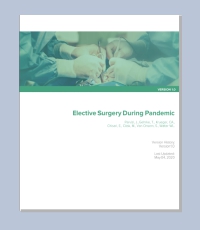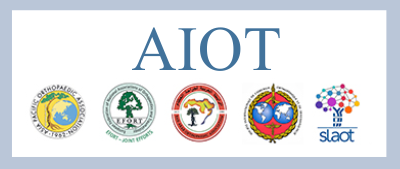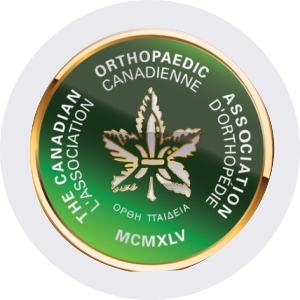OE COVID-19 EXCLUSIVE Resource Centre
The COVID-19 Pandemic requires the rapid identification and implementation of large-scale action. OE Best Practices will help guide MSK care in the weeks and months to come.
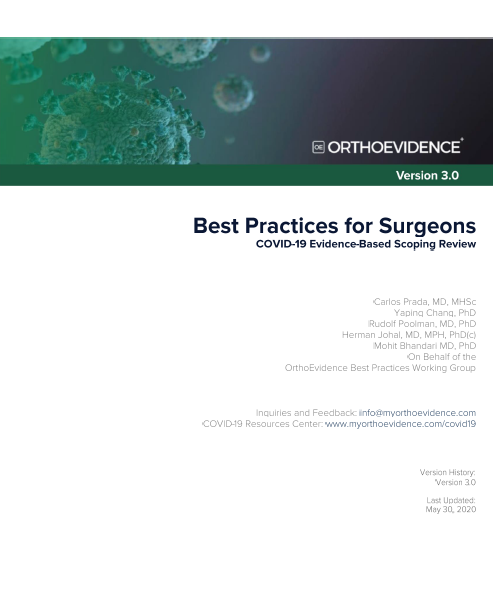
OE Best Practices for Surgeons V3.0
COVID-19 Evidence-Based Scoping Review A Unifying Report of Global Recommendations
Download PDF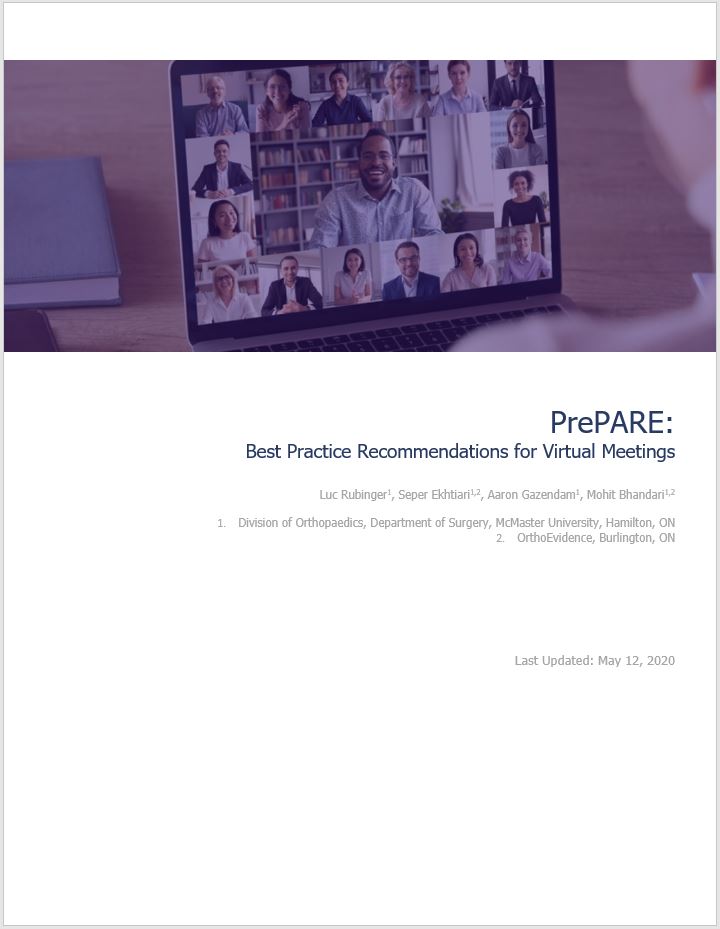
OE Best Practice for Virtual Meetings
Recommendations for transitioning to Virtual Meetings amid the COVID-19 Pandemic
Download PDFSeptember 10, 2022
In It for The Long Haul: Surgical Considerations for Patients with Post-COVID Conditions (Updated)
April 22, 2022
Rebuilding Better: 12 Trends for Health Care System Change Post-Covid 19
September 4, 2021
The “Long Haulers”: Long Lasting Impacts of COVID-19 on Brain Health
July 23, 2021
Vaccine Nationalism to Vaccine Equity: Global Solidarity to Eradicate COVID-19
June 11, 2021
Early Discharge: The Rise in Return to the Emergency Department after Surgery
May 21, 2021
Surgery Backlogs One Year Later: Beyond The Tipping Point
May 7, 2021
Airborne Transmission of COVID-19: New Insights
May 1, 2021
COVID-19 Crisis in India: Lessons for the World
April 23, 2021
Evaluation of COVID-19 Vaccines: Is Hesitancy for Some Vaccines Evidence-Based?
April 16, 2021
The Return of Big Stadium Events: Is the Reward Worth the Risk?
April 9, 2021
The Third Wave of COVID-19: Impact and Outcomes
April 3, 2021
Waiting for Surgery: Opioids at the Forefront, Again!
February 27, 2021
Towards Herd Immunity: Valuation of COVID-19 Vaccines
January 16, 2021
Vaccine Hesitancy: A Top 10 Threat to Global Health
November 14, 2020
(Mis)leading During a Crisis: Social Media and the Weaponisation of Dis-Information
November 7, 2020
The Promise of Big Data: Conquering COVID-19 with Data and Intelligence
October 24, 2020
Battling the Second Wave of COVID-19: How Invincible Are Young People?
October 24, 2020
Impact of COVID-19 Lockdowns in the Developing World: A Humanitarian Crisis Like No Other
October 17, 2020
Lessons Learnt from Reopening Strategies
October 10, 2020
"Randomized Trials" During the SARS-CoV2 Pandemic: What Went Wrong?
September 26, 2020
Leading Change
September 11, 2020
Novel Approaches to Acknowledge Research Contributions? “Writing” the Wrongs
September 5, 2020
Equity in Surgery: Being Diverse and Inclusive, Isn’t Enough
August 28, 2020
COVID-19 and Surgery: Are We Trading One Problem for Another?
August 14, 2020
The Rush to Find a Cure: Are We Sacrificing Quality For Speed?
August 8, 2020
Burning Out: Resilience Isn't Enough
August 1, 2020
A Vexing Virus and The Valuation of Vaccines
July 25, 2020
Health Care Heroes: Are We Asking Too Much?
July 16, 2020
Harnessing the Power of a Crisis: Will We Repeat History or Learn From It
July 2, 2020
Reaching Zero: New Zealand's Strategy in the Fight Against COVID-19
June 13, 2020
The Trouble with Testing: Navigating Uncertainty on the Road to Resuming Elective Surgeries
June 1, 2020
A Surgical Deep Freeze: Backlogs, Burden and New Beginnings
May 23, 2020
Welcome To The Jungle! Surviving Misinformation In A Crisis
May 14, 2020
The Case For, and Against “Corticosteroid Distancing” in the Management of Knee Osteoarthritis
May 6, 2020
Has the Pandemic Worsened the Epidemic? Opioid Use Disorder in Orthopaedic Patients
April 27, 2020
The Productivity Paradox - Keeping Busy During Shutdown May Be The Wrong Strategy
April 17, 2020
Rise of a New Virtual “Reality” for Orthopaedic Surgeons: Boom or Bubble?
April 7, 2020
Masks in the Fight Against COVID-19: An 'Inconvenient' Truth

OrthoEvidence Partners with JBJS for a Rapid Evidence-Based Review:
Novel Coronavirus COVID-19: Current Evidence and Evolving Strategies
ACCESS THE REVIEW LETTER FROM THE EDITOROur Covid-19 OE Originals' leverage the expertise of our in house data scientists who provide new data analyses and results to inform critical questions.
.jpg)
2/7/2022
SARS-CoV-2 Omicron: What’s New in Evidence?

12/22/2021
Omicron Updated: Key Questions Answered

12/6/2021
The Rise of the Omicron SARS-CoV-2 Variant of Concern: Uncertainties Remain, But Readiness Is All
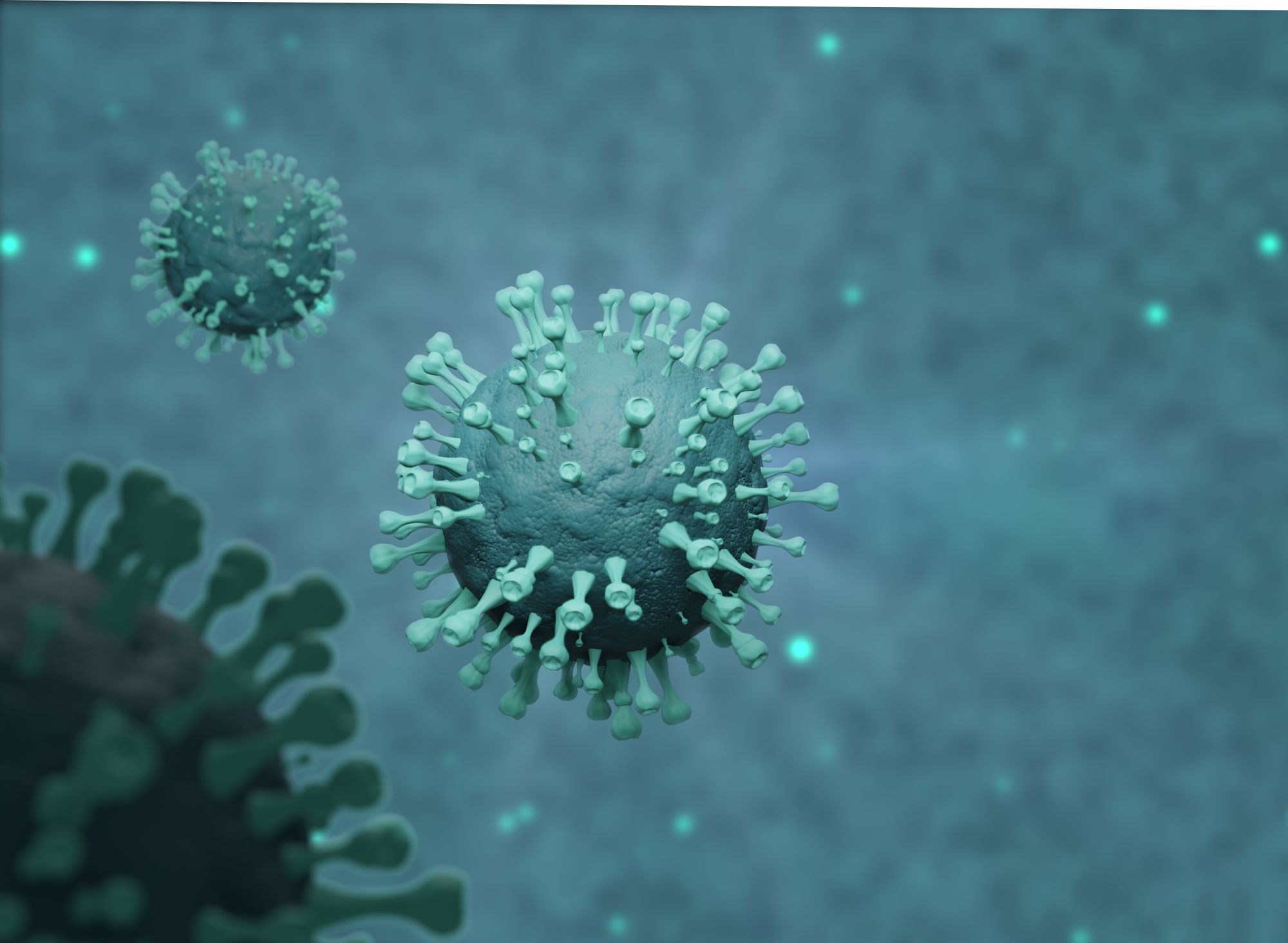
11/22/2021
What Are the Long-term Outcomes for COVID-19 Survivors? A Review of Evidence
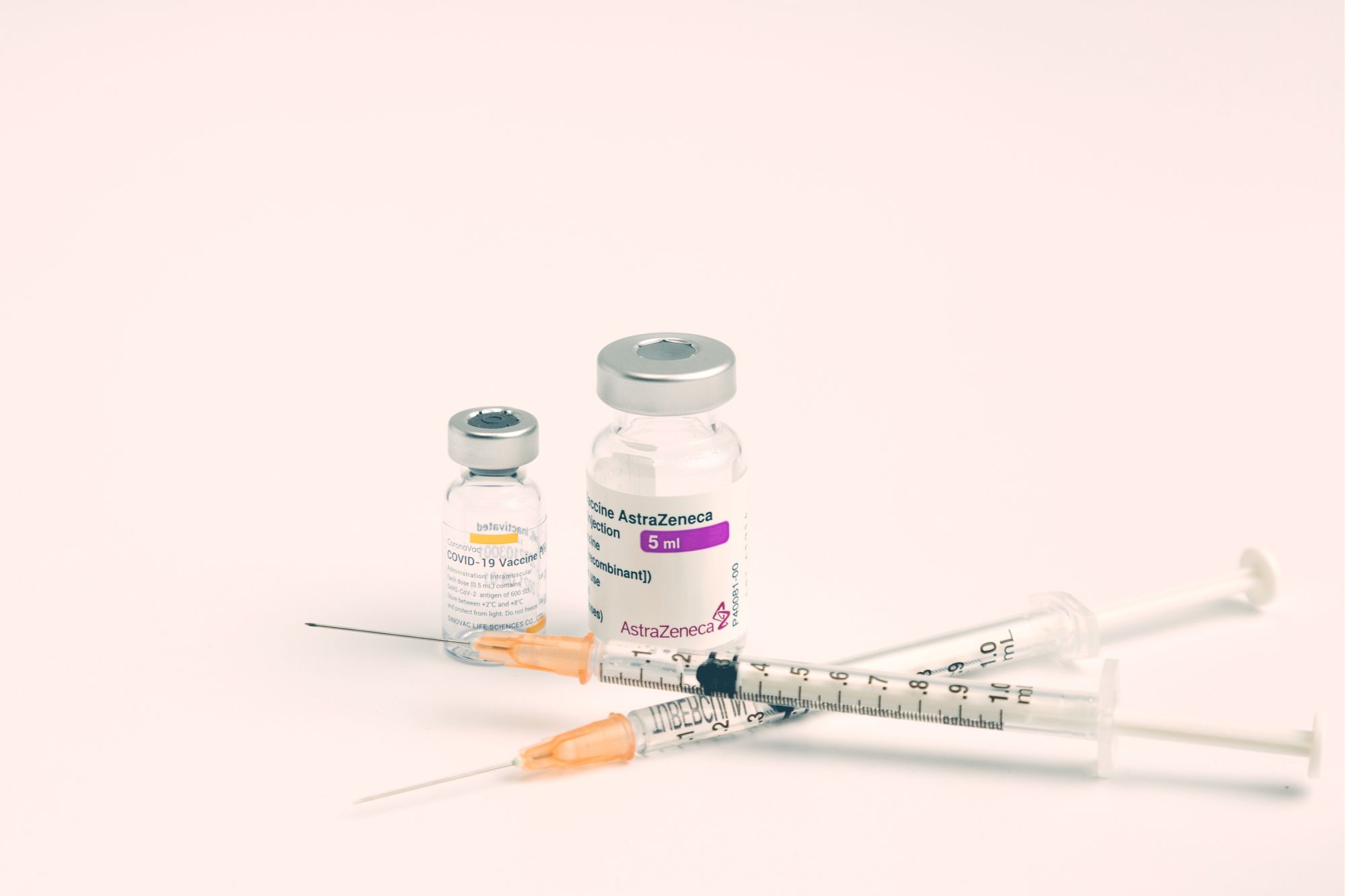
10/25/2021
Mix-and-Match Vaccination Against COVID-19: Review of Latest Evidence

10/18/2021
Overestimating the Treatment Effects of Molnupiravir Against COVID-19: A Deep Look from the Perspective of Stopping-Trial-Early-For-Benefits

9/27/2021
COVID-19 Vaccine: What Do We Know About Its Efficacy and Safety in Children?

9/20/2021
Meta-analyses Are Only As Good As The Studies They Combine: A Lesson Learned From Meta-analyses On Ivermectin Against COVID-19

9/7/2021
COVID-19 Vaccines: Evidence-Based Answers to the 5 Most Commonly Asked Questions
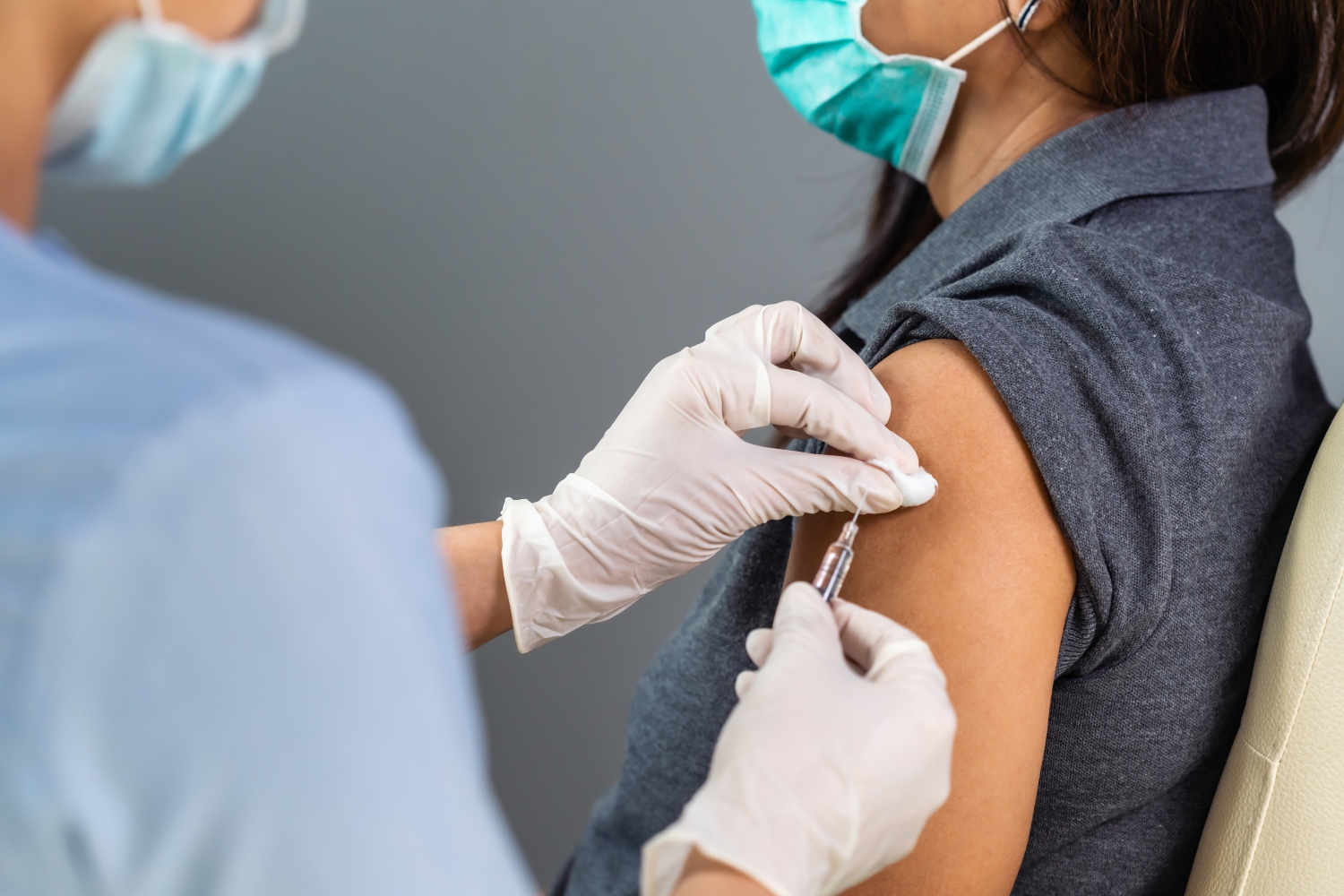
8/16/2021
OrthoEvidence. Strategies to Increase COVID-19 Vaccinations: Review of Current Evidence
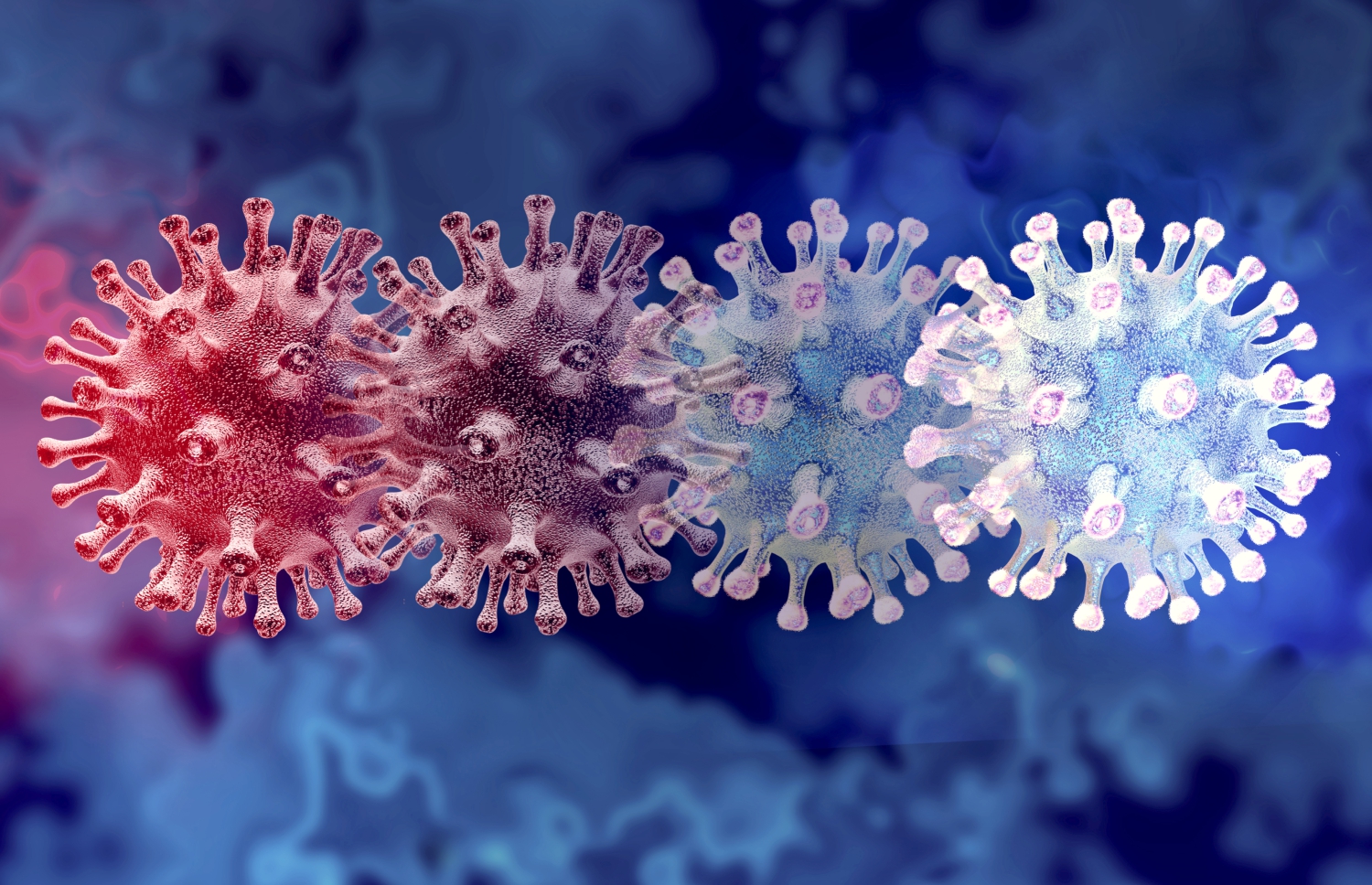
8/9/2021
The Ongoing Delta Variant Disaster: Stop the Misinformation and Follow the Evidence

7/19/2021
Delta and Lambda SARS-CoV-2 Variants: Current Evidence

6/28/2021
Treatment Options for COVID-19: Evidence Review for Promising Candidates
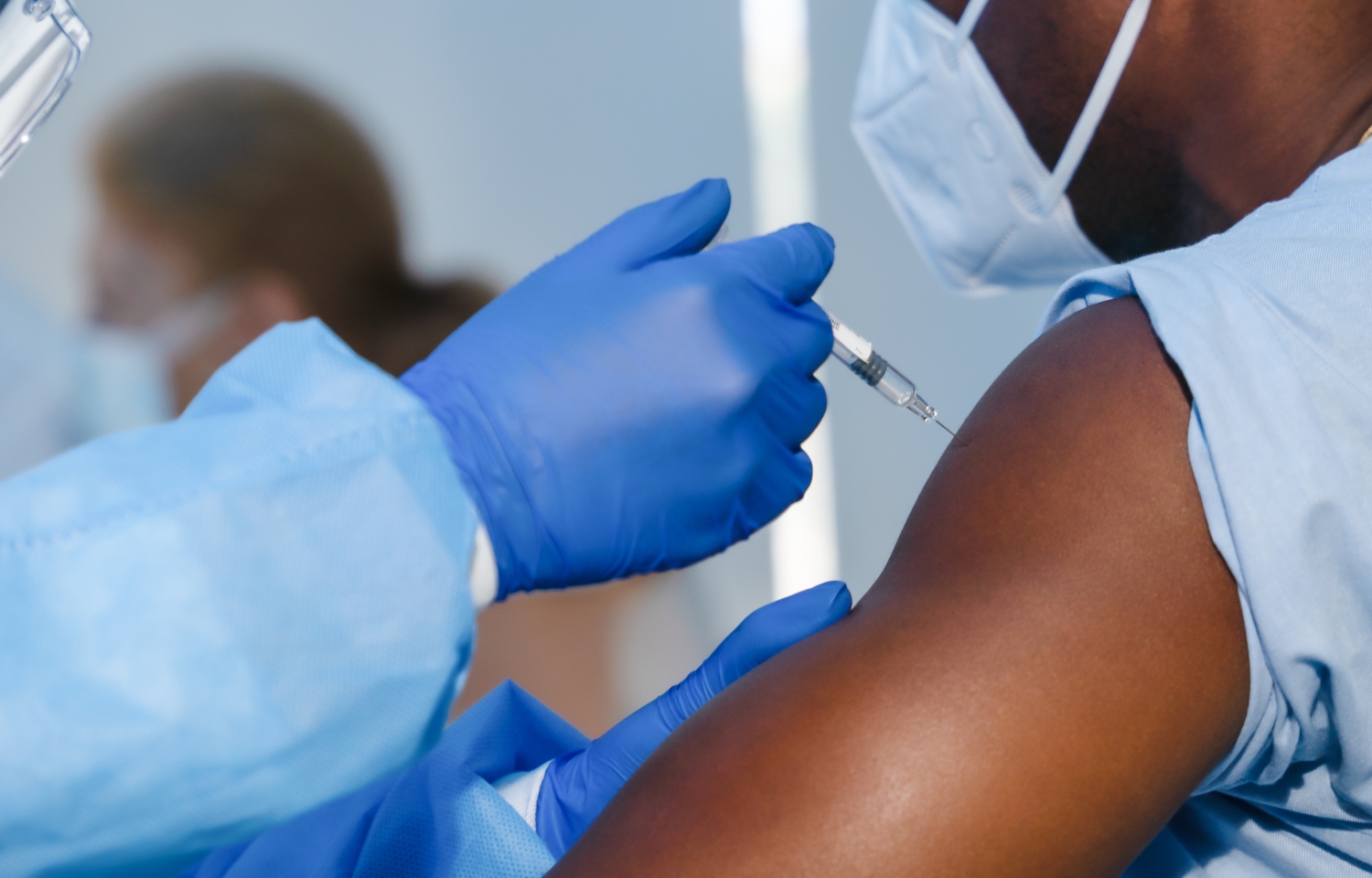
6/14/2021
A Single-Dose of COVID-19 Vaccine May Not Protect Us from the SARS-CoV-2 Delta Variant: An Evidence Review

6/7/2021
COVID-19 Vaccinations: Evidence for Delaying-Second-Dose and Mix-and-Match Strategies?
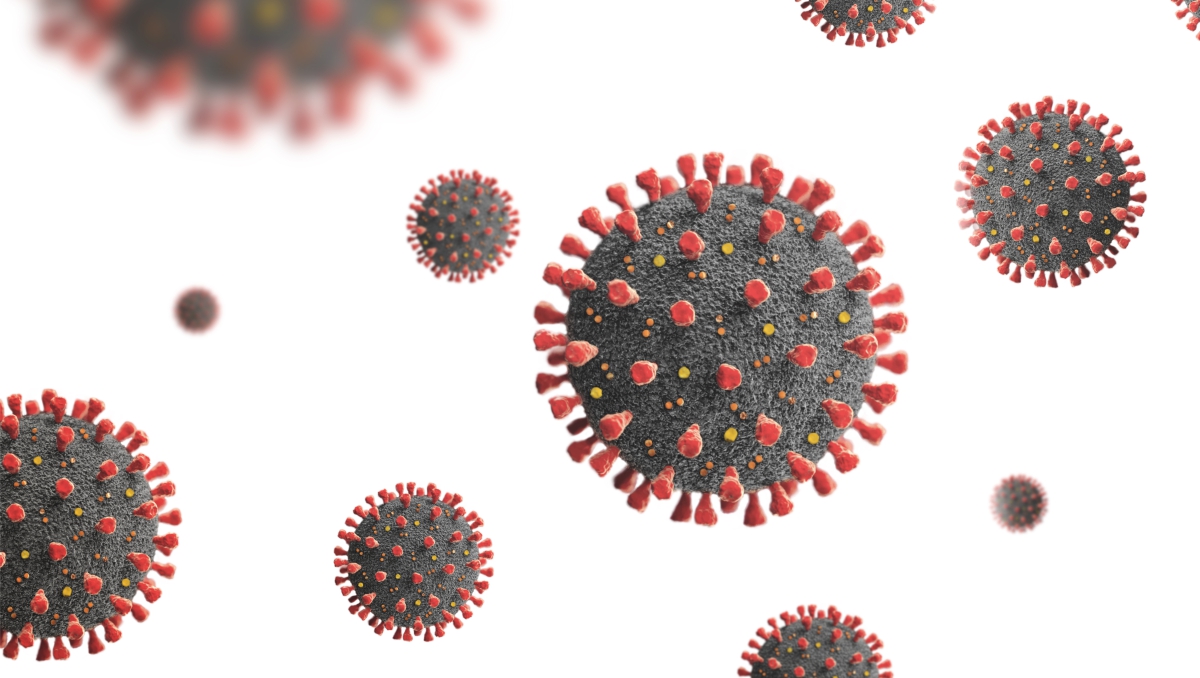
5/17/2021
Treatment Options for COVID-19: Lots Have Been Tested, But Only a Few Have Evidence

5/3/2021
COVID-19 Variants of Concern and Variants of Interest: What’s the Evidence?

4/26/2021
AstraZeneca COVID-19 Vaccine Efficacy and Blood Clots: Let’s Talk Data

4/12/2021
Resuming Elective Surgeries During COVID-19: Déjà vu 1 Year Later

3/22/2021
Obesity, Diabetes Mellitus, and COVID-19: A Review of Evidence
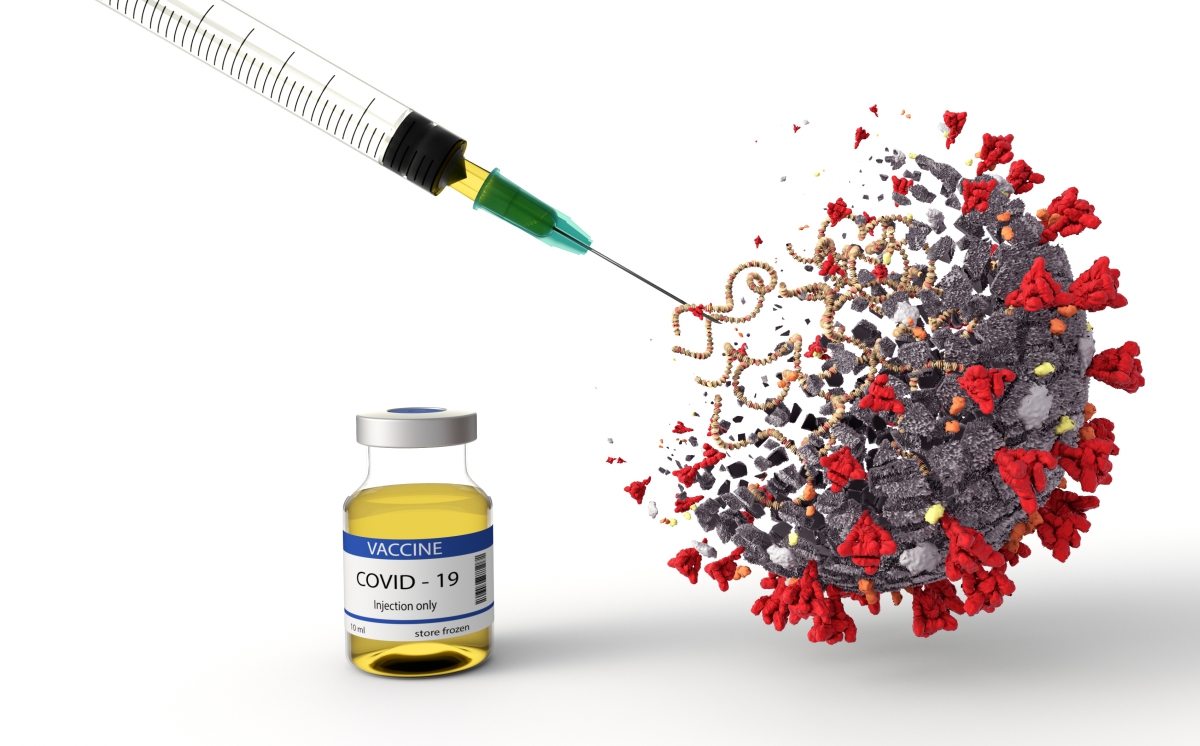
3/15/2021
COVID-19 Vaccines: Failure Is Not An Option

3/2/2021
COVID-19: Vaccine Effectiveness in the Real World

2/22/2021
COVID-19 Variants of Concern: Will There Be A Third Wave?

1/25/2021
COVID-19: Long-Lasting Health Effects Among Survivors

1/18/2021
COVID-19 Vaccines: What Does the Evidence Say about Delaying the Second Dose?

12/1/2020
Mask Wearing Policy Did Not Prevent SARS-CoV-2 Infection in Community Setting Randomized Trial
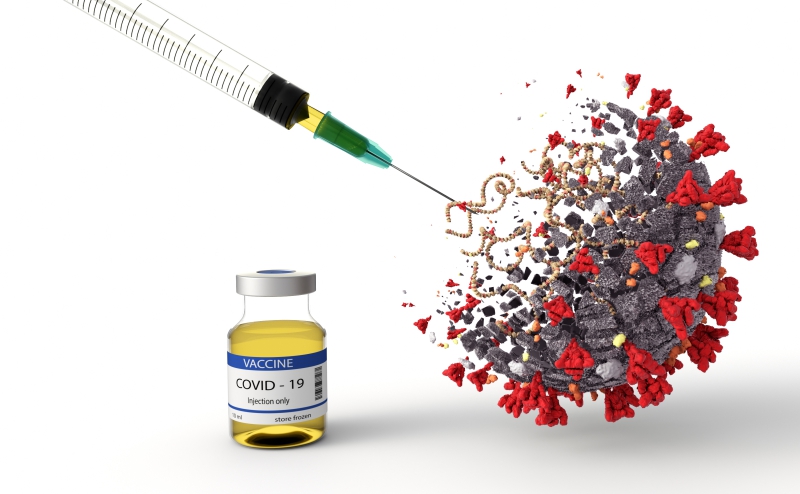
11/24/2020
Vaccines for COVID-19: Pfizer, Moderna, and AstraZeneca Race to Finish Line

11/10/2020
Monoclonal Antibodies: Does Regeneron Have A Cure?
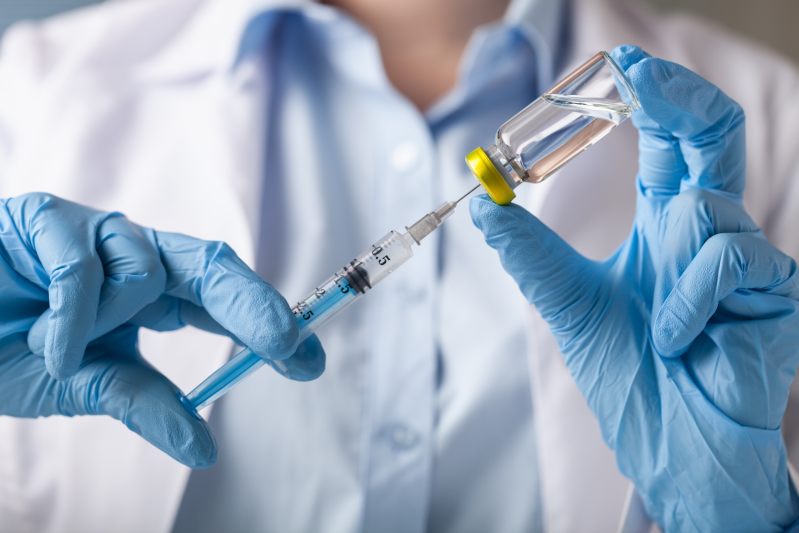
11/3/2020
Remdesivir As the First FDA-approved COVID-19 Treatment: An Updated Review and Meta-analysis

10/27/2020
Evidence For Outpatient Hip and Knee Arthroplasty: A Strategy During COVID-19
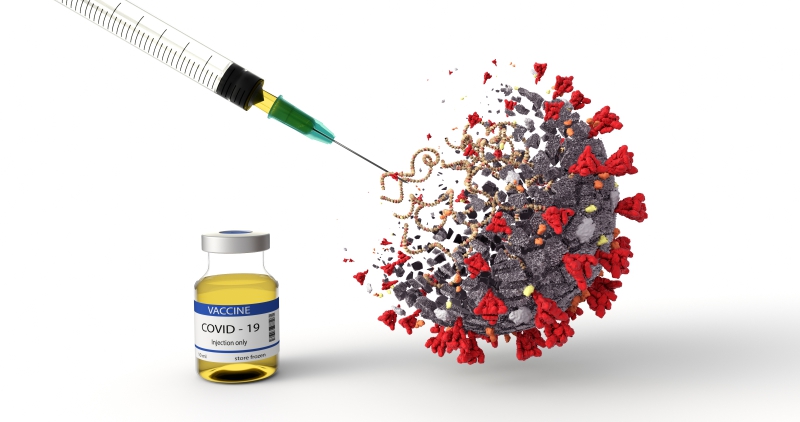
9/23/2020
COVID-19 Vaccines: The Current Candidates in Phase III Trials

9/1/2020
Weak Evidence for Convalescent Plasma in the Treatment of COVID-19

8/13/2020
Corticosteroid-related Osteonecrosis: The Downstream Consequences of COVID Treatments

8/6/2020
The Sobering Story of SARS-CoV-2 Seroprevalence: What You May Have Heard About Herd Immunity

7/29/2020
Why Bill Gates is “Most Excited” About The Promise of Monoclonal antibodies for COVID-19: Evidence Deep Dive

7/27/2020
Don't Believe the Hype; Remdesivir in the Treatment of COVID-19

7/17/2020
Delivering Bad News: The Emergence of “Protector” As a New Health Care Provider Role

7/7/2020
UPDATE 2.0: Emerging Treatments in Fight Against COVID-19

7/2/2020
COVID-19 Delays: Patient Perspectives on Orthopaedic Surgery Postponements and Post-operative Care Limitations
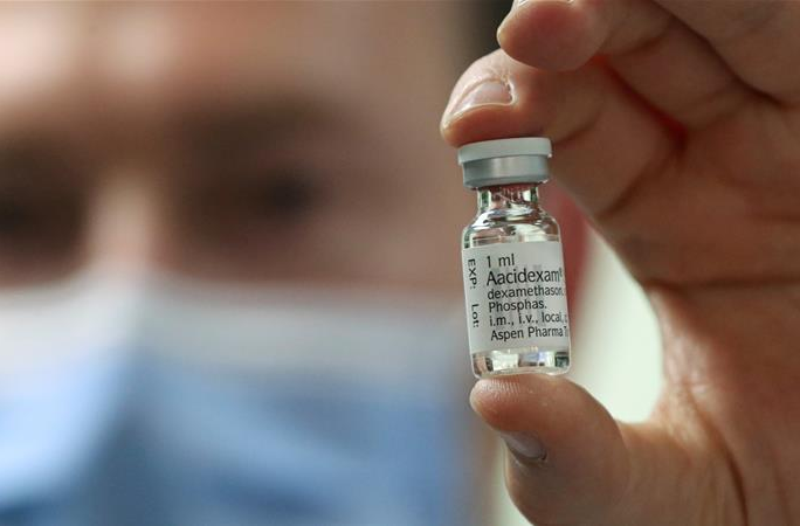
6/24/2020
Dexamethasone: New Study Shows Promising Results for COVID-19 Patients
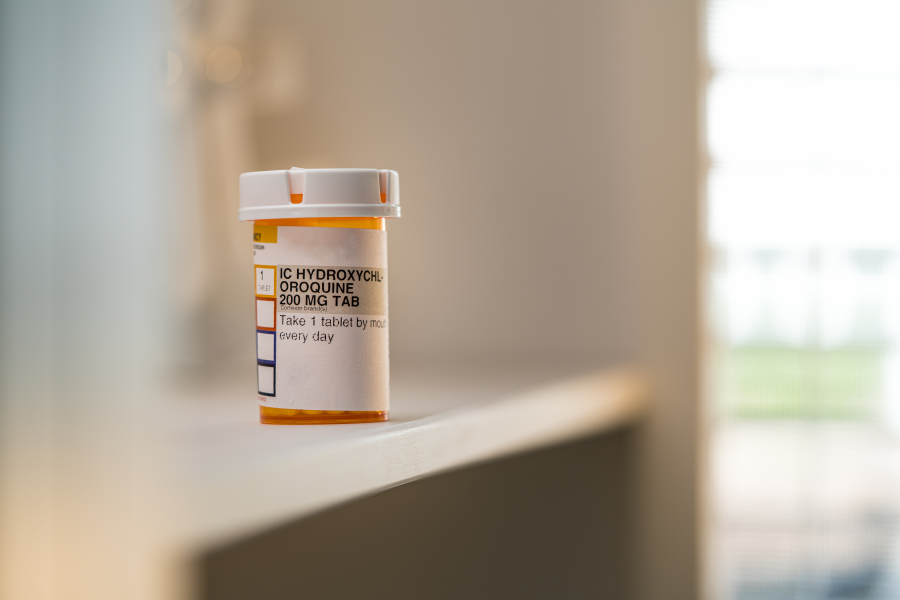
6/16/2020
Facts Don’t Have Feelings: Prophylaxis, treatment, and safety of hydroxychloroquine / chloroquine against COVID-19
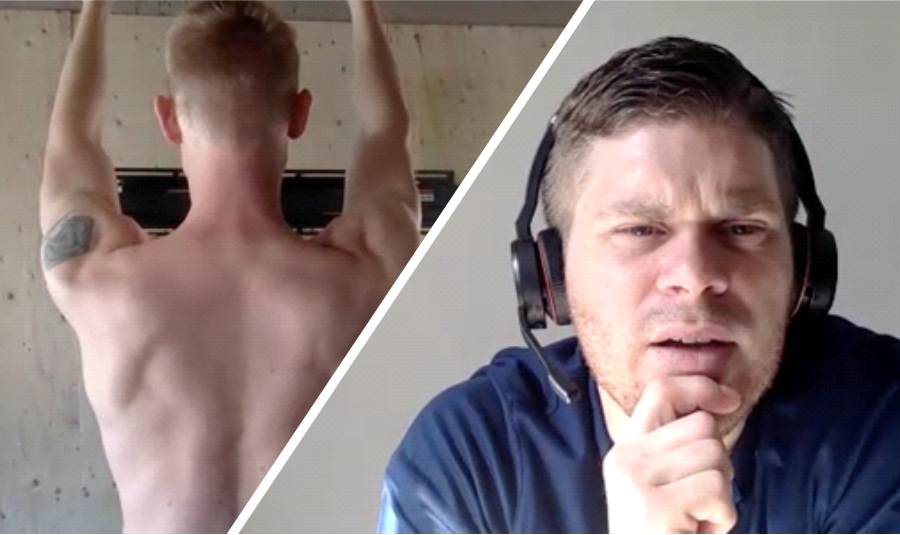
6/12/2020
Tele-Rehabilitation: Will it Move Us, or Just Move Away?

6/2/2020
Vitamin D and COVID-19: Taking It Won’t Hurt, But Probably Doesn’t Help!

5/26/2020
Caught in the COVID-19 Crossfire: Supporting Patients Facing Surgical Uncertainty

5/20/2020
Tips for Navigating the Information Epidemic During a Crisis

5/20/2020
UPDATE: Emerging Treatments in Fight Against COVID-19
.jpg)
5/13/2020
The (R)evolution of Virtual Communication You may not love it, But Some of Your Patients Do!

5/11/2020
Life-threatening Clots in COVID-19 Patients: Digging Deeper

5/11/2020
Anxiety and Depression in the COVID-19 Pandemic: Are We Doing Enough?

4/30/2020
Tumor Surgery and Research Goes On Amid O.R. Shutdowns: A Double-Edged Sword for Patients in the COVID-19 Era

4/23/2020
Trapped at Home: The Rise in Domestic Violence During COVID-19

4/20/2020
Emerging Treatments in Fight Against COVID-19

4/12/2020
OE BEST PRACTICES

4/3/2020
Cloth Masks for protection against COVID-19: MythBuster

4/2/2020
COVID-19 Pandemic: A Global Perspective

3/27/2020
COVID-19: Guiding surgeons through this pandemic
 If we have ever needed quality and timely data to help us make critical decisions---decisions that will ultimately save lives and restore health—we need it now. The COVID-19 pandemic has generated millions of data points. We have the answers, we simply need the tools to extract the signal
If we have ever needed quality and timely data to help us make critical decisions---decisions that will ultimately save lives and restore health—we need it now. The COVID-19 pandemic has generated millions of data points. We have the answers, we simply need the tools to extract the signal

Mohit Bhandari MD, PhD, FRCSC
Professor and University Scholar, McMaster University
Hamilton, Ontario, Canada
 All elective surgeries (such as total knee replacement) have been postponed indefinitely, while surgeons using full protective gear will perform high-risk aerosol-generating procedures (such as extensive burring/drilling). A geriatric hip fracture case was actually confirmed to be COVID positive after her hemiarthroplasty, fortunately, none of the medical staff was infected.
All elective surgeries (such as total knee replacement) have been postponed indefinitely, while surgeons using full protective gear will perform high-risk aerosol-generating procedures (such as extensive burring/drilling). A geriatric hip fracture case was actually confirmed to be COVID positive after her hemiarthroplasty, fortunately, none of the medical staff was infected.

Samuel Ling, MD
Assistant Professor of Orthopaedics & Traumatology
The Chinese University of Hong Kong
Hong Kong, China
 Currently, as on 17/03/2020, there have been 4 deaths reported in India, and the number of infected cases in India have reached 149. Pune has reported 16 cases already. In my opinion, we are in the 2nd phase of this pandemic and there is a possibility that further spread may occur and the scenario may worsen if we enter the 3rd phase wherein communities may get infected.
Currently, as on 17/03/2020, there have been 4 deaths reported in India, and the number of infected cases in India have reached 149. Pune has reported 16 cases already. In my opinion, we are in the 2nd phase of this pandemic and there is a possibility that further spread may occur and the scenario may worsen if we enter the 3rd phase wherein communities may get infected.

Parag Sancheti, MD, FRCS (Ed), MS, DNB, MCh ,Ph.D
Professor & Chairman Sancheti Institute
For Orthopaedics & Rehabilitation
Pune, India
 It is crucial to enhance international communication and collaboration to fight the disease. The key message is to alert the mass of common people, globally, to do their best to prevent infection. I estimate that the pandemic of COVID-19 might end in June this year. However, if not all the countries take this seriously and put in action interventions, the anticipated turning point of its pandemic will postpone.
It is crucial to enhance international communication and collaboration to fight the disease. The key message is to alert the mass of common people, globally, to do their best to prevent infection. I estimate that the pandemic of COVID-19 might end in June this year. However, if not all the countries take this seriously and put in action interventions, the anticipated turning point of its pandemic will postpone.

Nanshan Zhong, MD
Professor, Chinese epidemiologist and
pulmonologist who discovered
the SARS coronavirus in 2003
 The steady declination of cases in recent two weeks in China has been credited to the effective national interventions. We need to keep the data open and transparent, enhance sensitivity of early nucleic acid testing is important. Any intervention strategies should be evidence-based. Policy-makers should take actions based on the local public health experts’ opinion. Community isolation is probably inevitable. Every area should try efforts to find the best model fitting to local condition. Lastly, it is valuable to enhance international communication of researches and experiences on the pandemic control.
The steady declination of cases in recent two weeks in China has been credited to the effective national interventions. We need to keep the data open and transparent, enhance sensitivity of early nucleic acid testing is important. Any intervention strategies should be evidence-based. Policy-makers should take actions based on the local public health experts’ opinion. Community isolation is probably inevitable. Every area should try efforts to find the best model fitting to local condition. Lastly, it is valuable to enhance international communication of researches and experiences on the pandemic control.

Guang Zeng, MD
Professor, Chinese Epidemiologist
Chief Scientist from the Chinese Center for Disease
Control and Prevention (Chinese CDC)
 In Mexico, COVID -19 cases are just starting to climb, with around 120 cases reported so far. Streets are empty and misinformation is climbing. Our politicians are not doing their part- only thinking about re-election maneuvers. The healthcare system is preparing for the worst-case scenarios and are trying to learn from other countries experience. Young doctors are ready to fight, while older doctors try to dig into there experience to fight against this virus. We as a society have to be brave and strong to be able to get a victory around this scary situation
In Mexico, COVID -19 cases are just starting to climb, with around 120 cases reported so far. Streets are empty and misinformation is climbing. Our politicians are not doing their part- only thinking about re-election maneuvers. The healthcare system is preparing for the worst-case scenarios and are trying to learn from other countries experience. Young doctors are ready to fight, while older doctors try to dig into there experience to fight against this virus. We as a society have to be brave and strong to be able to get a victory around this scary situation

Edmundo Berumen, MD, FRCSC
Orthopaedic Surgeon
University of Mexico
 ...the Division of Trauma at R Adams Cowley Shock Trauma Center are into our second week of significant changes to mitigate the impact of COVID-19...we conduct our daily Morning Report virtually—each member of the team in a different office. Clinically, we have split our service into three teams working 3 days at a time. We are making all these changes to prevent the spread of the novel coronavirus within the team, and most importantly, to ensure we have sufficient personnel once members get infected. Will this work? The uncertainty is quite unnerving.
...the Division of Trauma at R Adams Cowley Shock Trauma Center are into our second week of significant changes to mitigate the impact of COVID-19...we conduct our daily Morning Report virtually—each member of the team in a different office. Clinically, we have split our service into three teams working 3 days at a time. We are making all these changes to prevent the spread of the novel coronavirus within the team, and most importantly, to ensure we have sufficient personnel once members get infected. Will this work? The uncertainty is quite unnerving.

Gerard Slobogean, MD, MPH, FRCSC
Associate Professor, Department of Orthopaedics
University of Maryland
 With time and implementation of a lot of drastic policies & stringent measures, Hong Kong has been able to prevent major outbreak in the community....gradual resumption of elective surgeries, increasing outpatient attendance, more interactive educational activities, and progressive normalisation of all the research works have been coming back gradually since early March 2020. Having said that, because of the outbreak in America & Europe in the recent few weeks, Hong Kong is again at threat of another wave because of infected cases from overseas...
With time and implementation of a lot of drastic policies & stringent measures, Hong Kong has been able to prevent major outbreak in the community....gradual resumption of elective surgeries, increasing outpatient attendance, more interactive educational activities, and progressive normalisation of all the research works have been coming back gradually since early March 2020. Having said that, because of the outbreak in America & Europe in the recent few weeks, Hong Kong is again at threat of another wave because of infected cases from overseas...

Professor YUNG Shu Hang Patrick JP
Chairman, Department of Orthopaedics & Traumatology, Faculty of Medicine, The Chinese University of Hong Kong
President, Asian Federation of Sports Medicine
 In consequence of COVID-19, the orthopaedic community has come to a standstill in Canada, with most centres acting responsibly by cancelling all elective surgery and nonessential clinical visits to limit interactions…. Throughout Canada, responsible orthopaedic surgeons are exclusively treating urgent cases and adopting strict safety protocols to avoid further spread of COVID-19 while delivering emergency care… we commend your efforts and are grateful for your contributions.
In consequence of COVID-19, the orthopaedic community has come to a standstill in Canada, with most centres acting responsibly by cancelling all elective surgery and nonessential clinical visits to limit interactions…. Throughout Canada, responsible orthopaedic surgeons are exclusively treating urgent cases and adopting strict safety protocols to avoid further spread of COVID-19 while delivering emergency care… we commend your efforts and are grateful for your contributions.

Mark Glazebrook, MD, FRCSC, PhD
President
Canadian Orthopaedics Association
 The COVID-19 is also increasing in Germany with a current number of infected cases around 58.000. Fortunately, the mortality rate in Germany is with 0.77% signifcantly lower compared to other countries. One reason for the lower mortality might be the fact, that the German government started early with preventive policies to avoid the corona virus spread. In Germany, the vast majority of hospitals have postponed elective surgeries, interventions and admissions in order to have free capacity for COVID-19 patients. In our arthroplasty center, we only perform cases such as periprosthetic fractures, dislocations of the hip prosthesis, periprosthetic joint infections or acute spinal disorders.
The COVID-19 is also increasing in Germany with a current number of infected cases around 58.000. Fortunately, the mortality rate in Germany is with 0.77% signifcantly lower compared to other countries. One reason for the lower mortality might be the fact, that the German government started early with preventive policies to avoid the corona virus spread. In Germany, the vast majority of hospitals have postponed elective surgeries, interventions and admissions in order to have free capacity for COVID-19 patients. In our arthroplasty center, we only perform cases such as periprosthetic fractures, dislocations of the hip prosthesis, periprosthetic joint infections or acute spinal disorders.

Mustafa Citak MD, PhD, CPT
Hamburg, Germany
 As of March 28, there are 1909 COVID cases in Chile with 6 deceased people. The highest percentage of cases (56.8%) is concentrated in the Metropolitan Region… In conversation with some orthopedic colleagues, only emergency surgeries are being performed at various healthcare centers. All elective surgeries have been postponed until further notice.... Also, in the centers where I work, the teams have been divided so that one group is active and the other group is in preventive quarantine for 2 weeks. At the end of this period we will make the respective change.
As of March 28, there are 1909 COVID cases in Chile with 6 deceased people. The highest percentage of cases (56.8%) is concentrated in the Metropolitan Region… In conversation with some orthopedic colleagues, only emergency surgeries are being performed at various healthcare centers. All elective surgeries have been postponed until further notice.... Also, in the centers where I work, the teams have been divided so that one group is active and the other group is in preventive quarantine for 2 weeks. At the end of this period we will make the respective change.

Fernando Vargas, MD
Foot and Ankle Surgeon
Clinica Santa Maria
Hospital Mutual de Seguridad
 In Amsterdam the COVID19 situation is still under control. The hospitals are preparing for a worst case scenario. All elective cases are postponed. OR staff is trained to use ventilators in ICU setting. The OLVG hospital launched a smartphone app to monitor inhabitants of Amsterdam who have minor symptoms. In this way the hospital is able to gauge the situation and is prepared to scale up. All residents - including ortho - are taking shifts to answers questions from app users and give advise. Never waste a good crisis. This gives us opportunities to speed up digital consultations with patients. We hope to find smart solutions working towards a digital hospital.
In Amsterdam the COVID19 situation is still under control. The hospitals are preparing for a worst case scenario. All elective cases are postponed. OR staff is trained to use ventilators in ICU setting. The OLVG hospital launched a smartphone app to monitor inhabitants of Amsterdam who have minor symptoms. In this way the hospital is able to gauge the situation and is prepared to scale up. All residents - including ortho - are taking shifts to answers questions from app users and give advise. Never waste a good crisis. This gives us opportunities to speed up digital consultations with patients. We hope to find smart solutions working towards a digital hospital.

Rudolf W. Poolman MD PhD
Orthopedic Surgeon-Scientist
Leiden University Medical Centre
Leiden, Netherlands
 SARS-CoV-2 coronavirus has crossed all borders. In Spain, the coronavirus is growing exponentially. Radical measures that the situation demanded have been taken late. Data from 7 April report more than 140,511 confirmed Covid-19 cases and more than 13,897 deaths. Tests are not done on all symptomatic patients, so it is considered that only 20% of cases are being diagnosed. Around 12% of Health personnel has been infected. Since March 14 the radical measures were taken and confinement is rigorously controlled, probably this is the reason why new infected cases and new deaths are decreasing. Data that should be taken with caution.
SARS-CoV-2 coronavirus has crossed all borders. In Spain, the coronavirus is growing exponentially. Radical measures that the situation demanded have been taken late. Data from 7 April report more than 140,511 confirmed Covid-19 cases and more than 13,897 deaths. Tests are not done on all symptomatic patients, so it is considered that only 20% of cases are being diagnosed. Around 12% of Health personnel has been infected. Since March 14 the radical measures were taken and confinement is rigorously controlled, probably this is the reason why new infected cases and new deaths are decreasing. Data that should be taken with caution.

Ernesto Guerra
Vall d´Hebron University Hospital
Barcelona, Spain
- Coronavirus originating from Wuhan, China in December, 2019
- Can be transmitted directly or indirectly by asymptomatic and presymptomatic persons
- As of March 26, 2020: 462,684 infected; 20,834 deaths
- Most common symptoms are fever and cough. Presenting on avg 5.1 days after infection, with 97.5% presenting by 11.5 days
- Hygiene, social distancing, and isolation are most recommended mitigation measures. Public and private closures are recommended in specific cases
- 88.2% have abnormalities on chest x-ray
- Mortality rate estimates are approximately 3.9% in confirmed cases. Comorbidities most likely linked to mortality are cardiovascular disease and diabetes
- 20% of cases are severe or critical
- Social distancing seems effective in flattening the curve from evidence of the 1918 influenza pandemic
- A second wave was seen in both SARS and the 1918 influenza epidemics following relaxation of containment methods
Not a member of OrthoEvidence, signup up to get free Covid-19 updates and more!




 LOGIN
LOGIN

